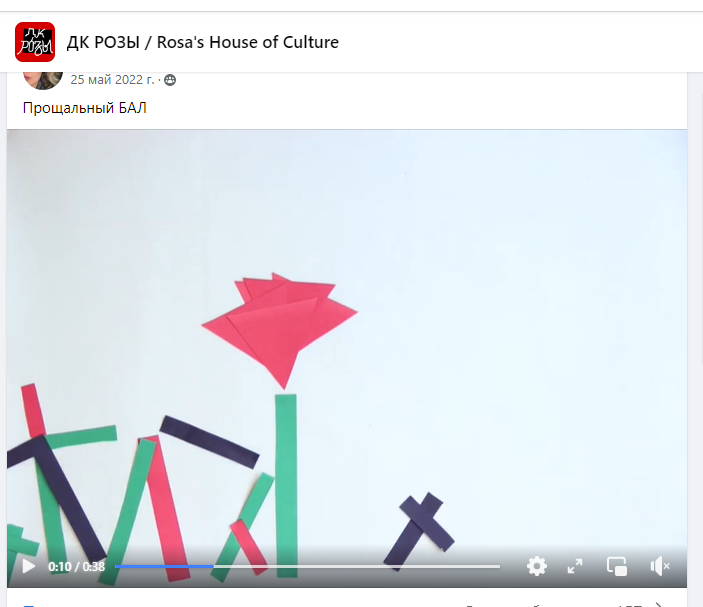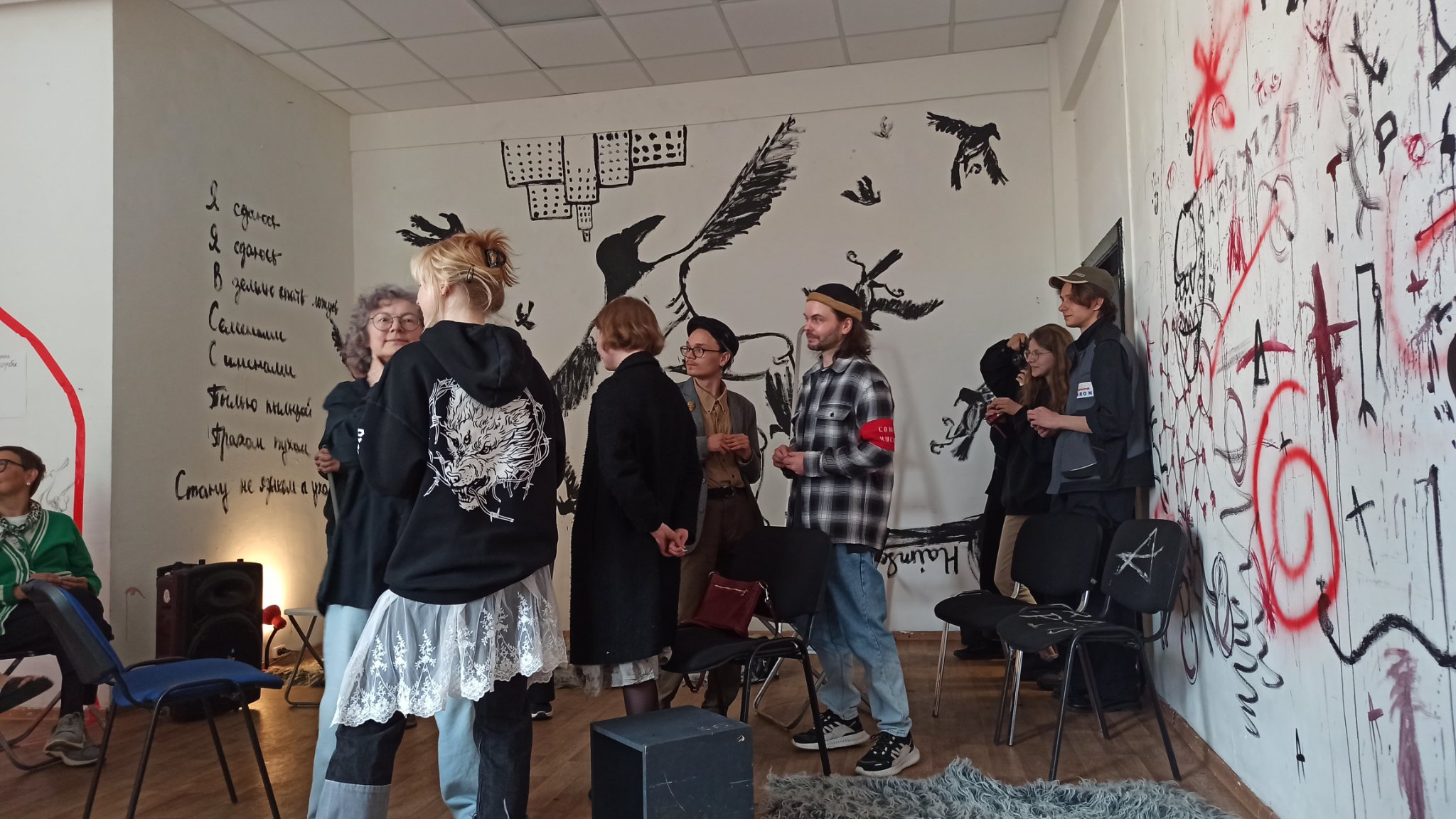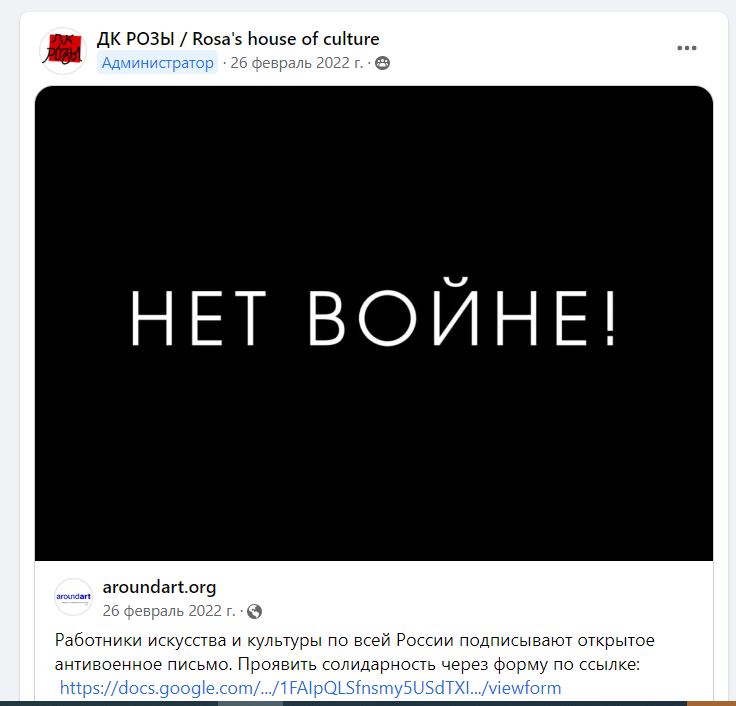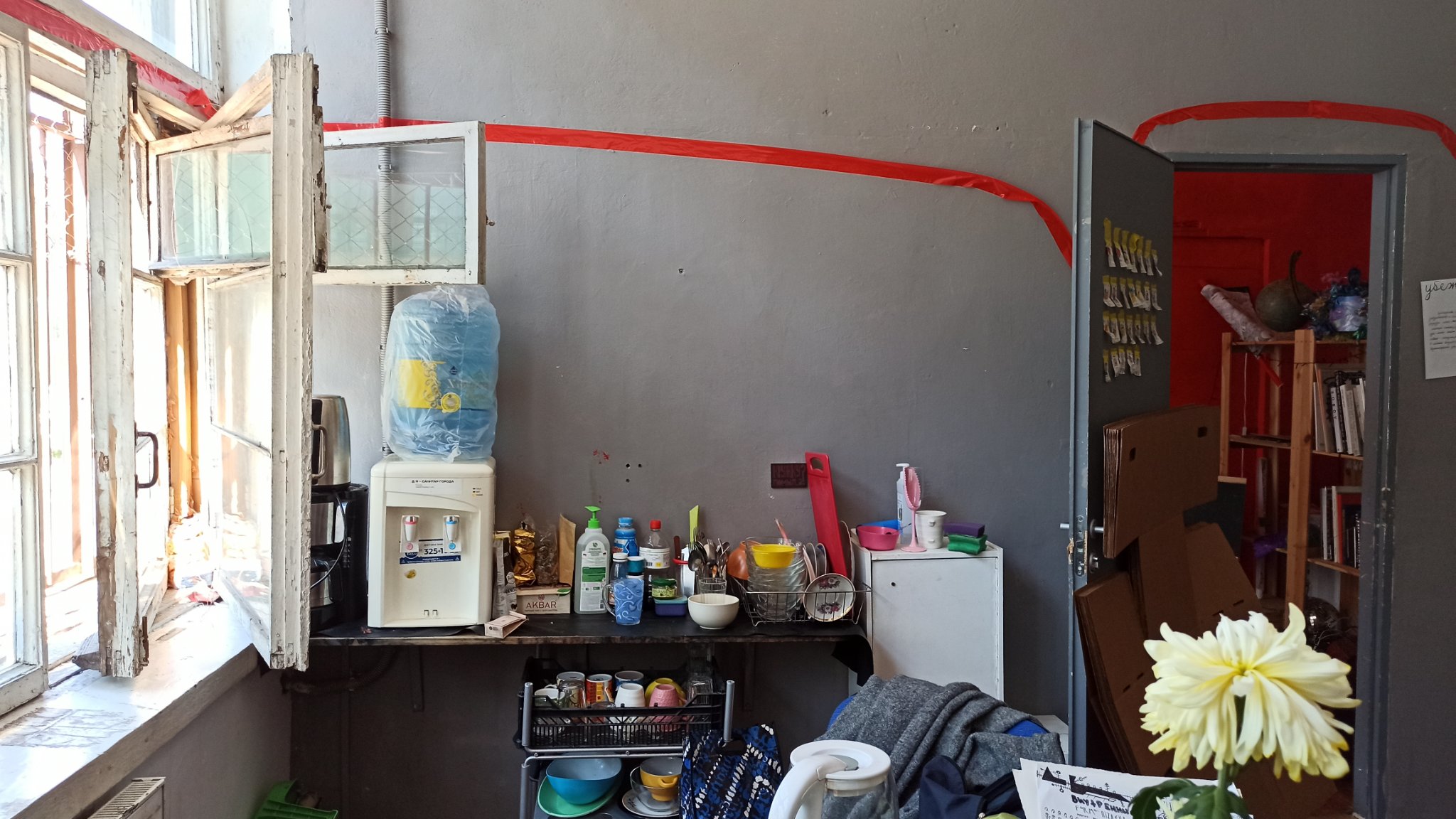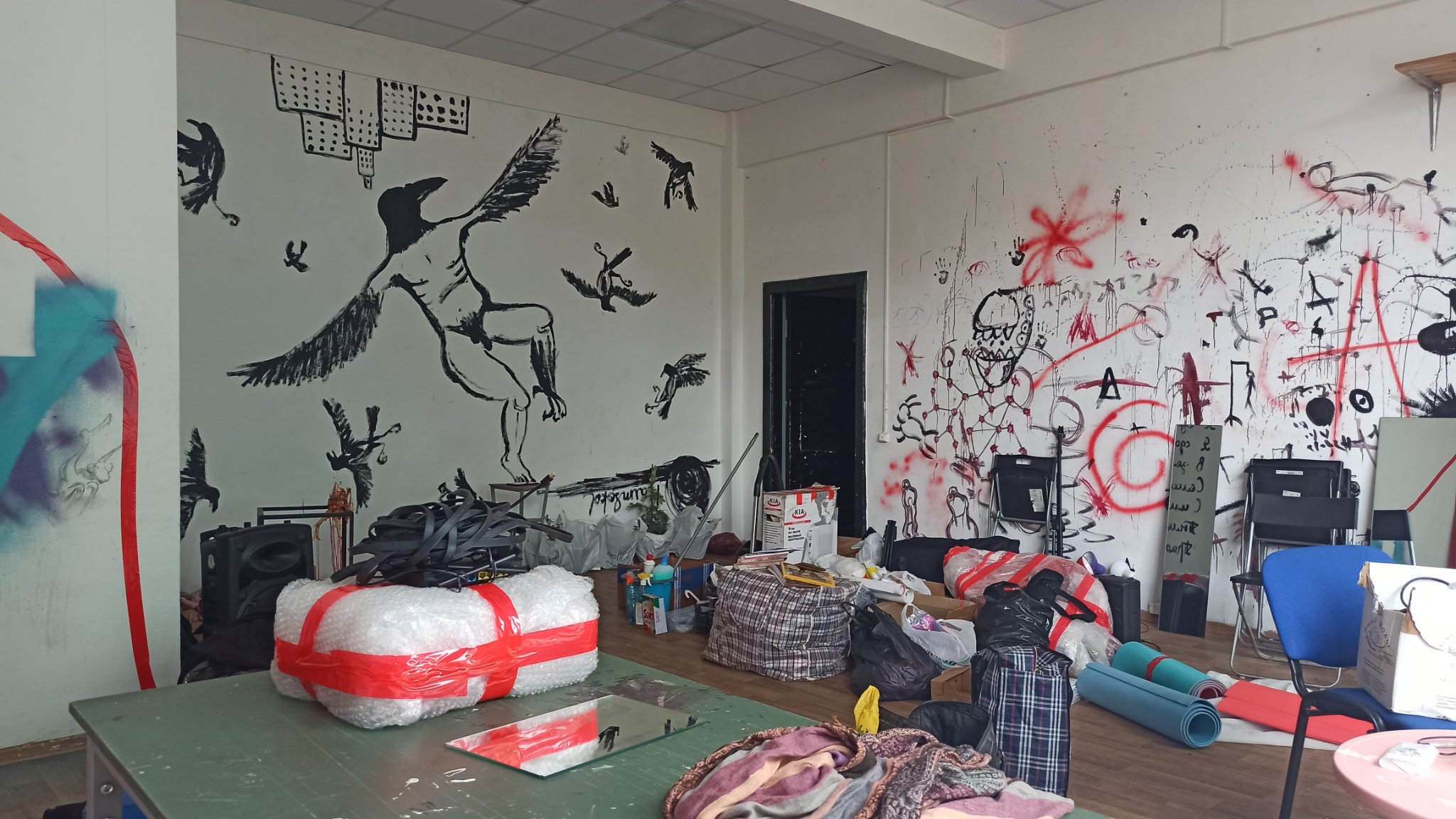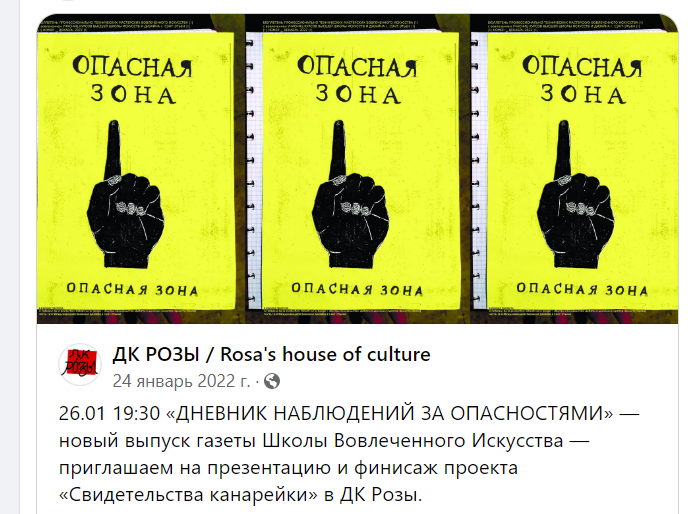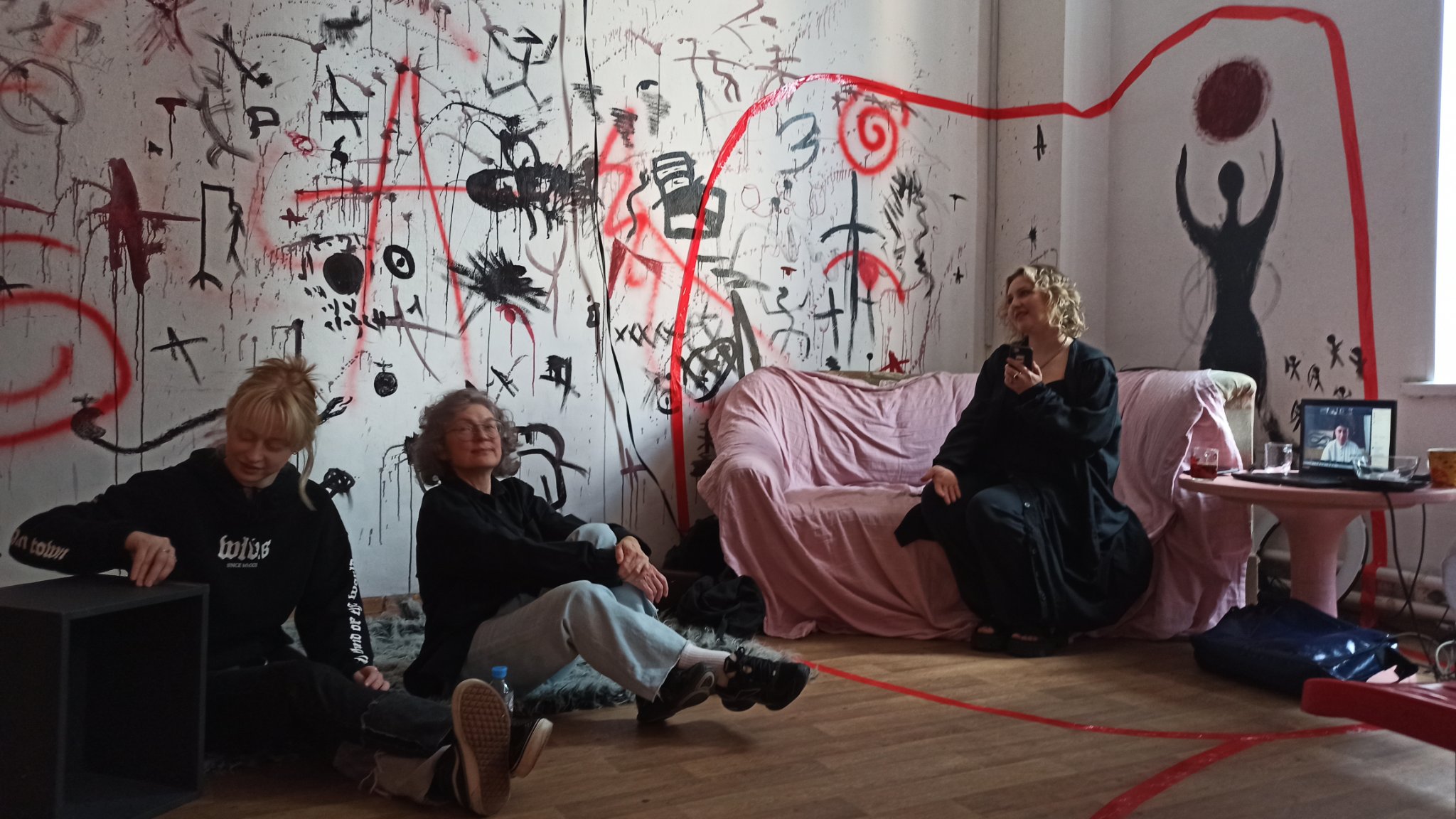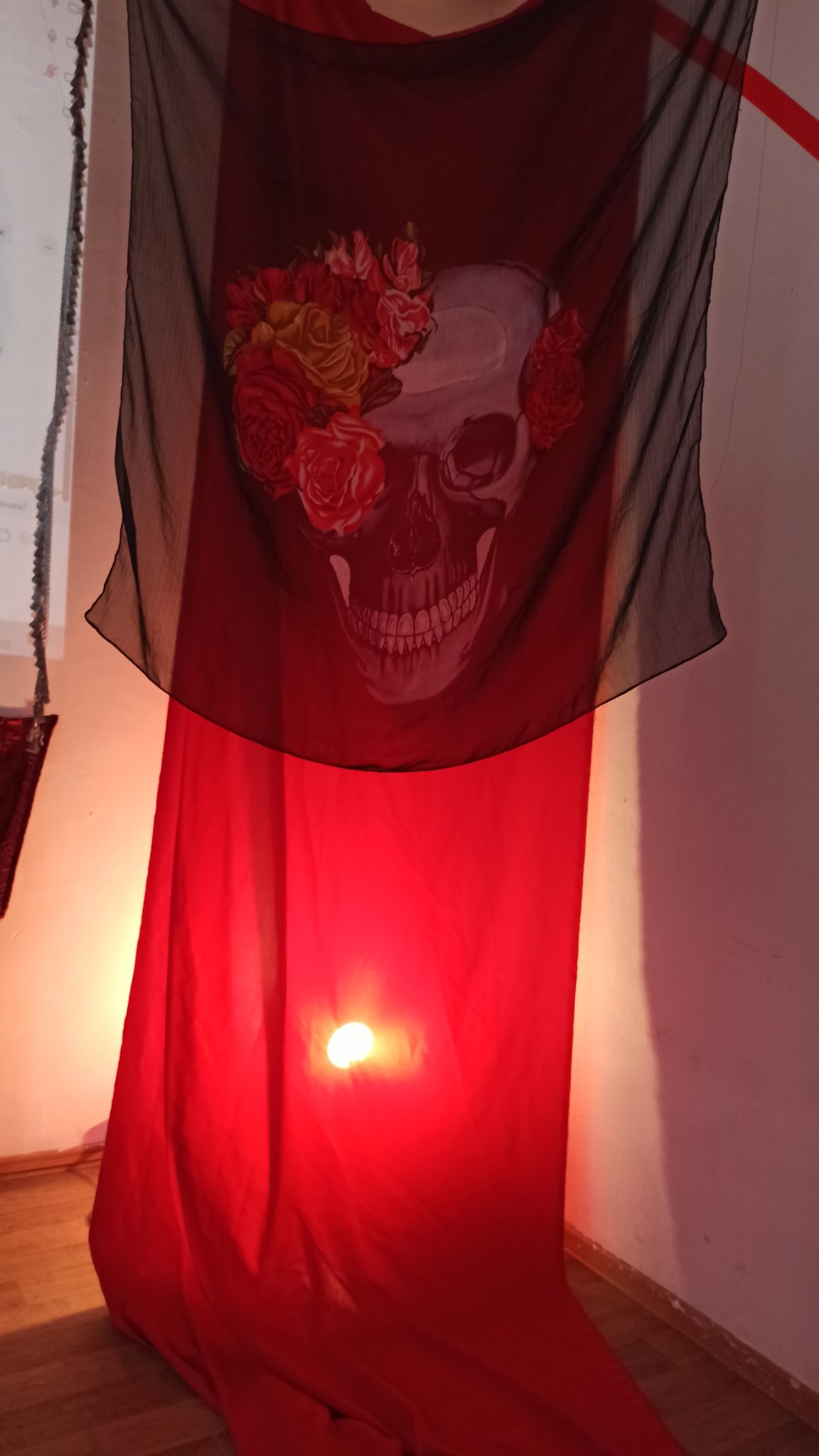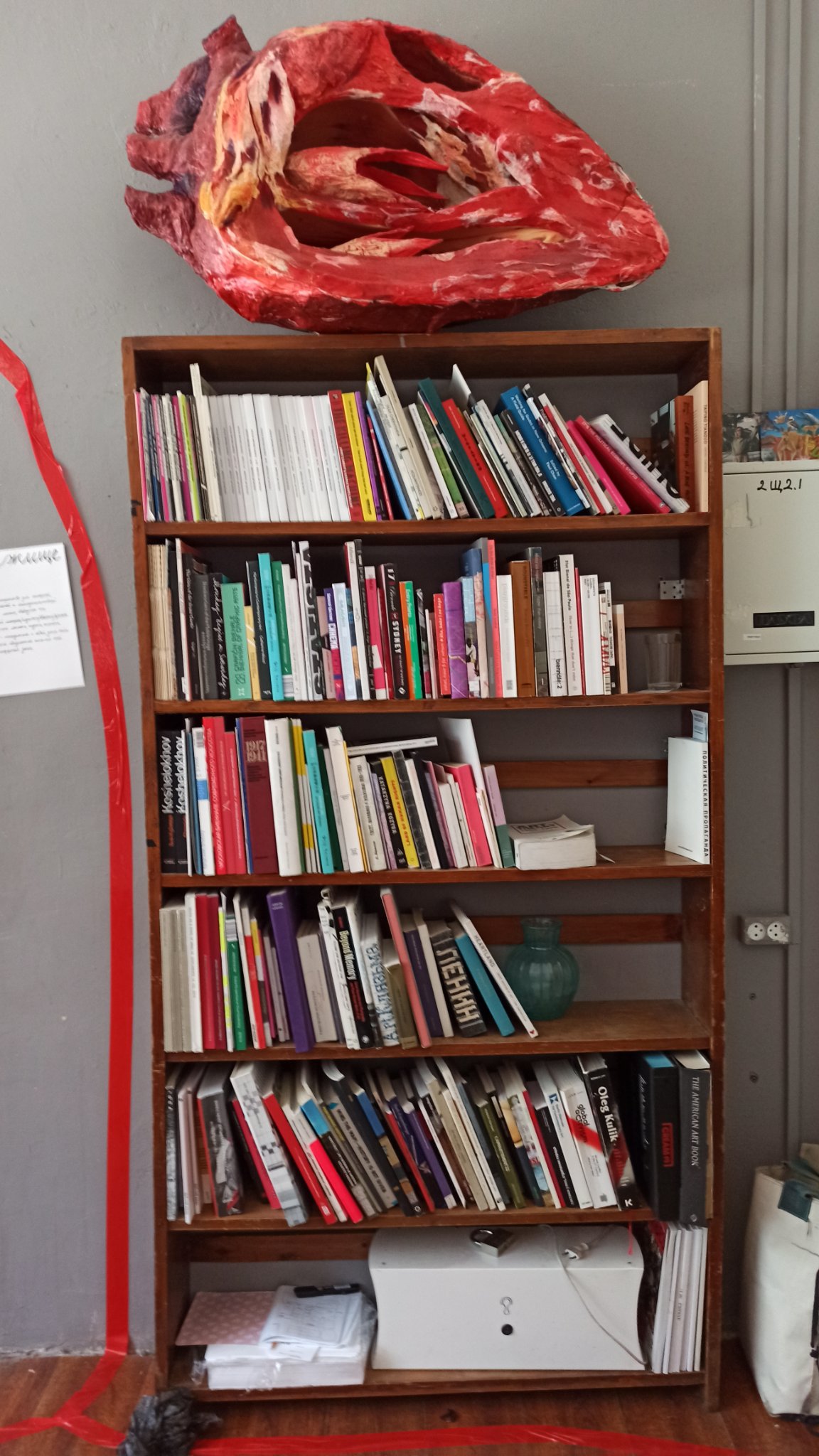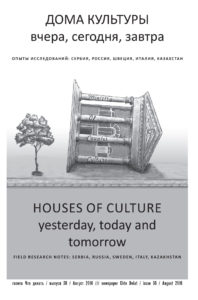Emergency Project Room is an initiative of the international collective Chto Delat. It is located in Berlin Mitte. Its program is based on the model of the House of Culture with an open structure of study circles fostering different artistic practices. Emergency Project Room is a space based on internationalism, kinship, and mutual support, opened to people with different national and cultural backgrounds, genders, and experiences. Emergency Project Room activities are focused on the different decolonial struggles in post-communist spaces and the potentialities of alter (“non-western” type) modernization.
This space was founded in January 2022 in a situation where all members of the collective Chto Delat were forced to leave Russia after the opening of a criminal case related to the anti-war activism of its members and were granted asylum in Germany.
Friends of Chto Delat e.V. provided a small space in Berlin for the work, which began as a gathering place for new communities of cultural workers in exile with the goal of establishing relations with various local cultural processes. Emergency Project Room develops the practices of organizing cultural and social centers that Chto Delat collective has been doing for the past 12 years, both in an international context and locally—in St. Petersburg, where it founded the legendary Rosa Culture House in 2015.
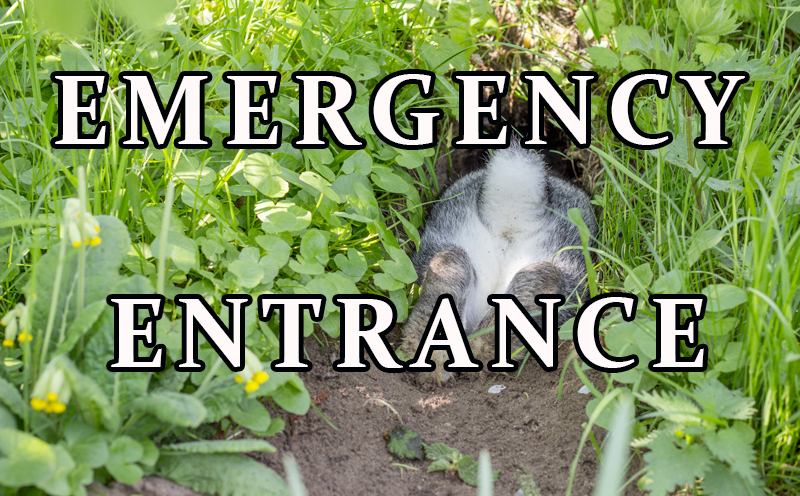
Since its inception a number of events have been held—Mad Tea Party series of performative discussions (12 iterations), The School of Emergencies workshops, dinners, film screenings, birthdays and one memorial. (See Facebook group Chto Delat Emergency Project Room: https://www.facebook.com/groups/1644026146025744)
In the current situation of growing uncertainty, Chto Delat e.V. wants to continue to develop different cultural practices that allow their participants and the public to survive in our dramatic times and create meanings that can be demanded now and in the future.
The Emergency Project Room is open to various friendly initiatives and its program is currently based around 3 circles/workshops: an absurd study – performative discussions “Mad Tea Party”; the “MAKE SPIEL”, an emergency gaming workshop for the development of board games dedicated to various crisis situations; and a circle of body performative practices “Unplanting the seeds of Hatred.”
Participation in the circles is open to various participants on an open-call basis. Each circle interacts with the others in the process of its development and presents its work to the general public in the format of performances, public exhibitions (The signals’ window), publications, and discussions.
Sign up for the Emergency gaming workshop, run by Anton Polsky aka MAKE (the first meeting is on September 17 with approximate intensity every two weeks.
see the program and open call here and register form
https://docs.google.com/document/d/1hreaM99HbM_7FQIccdiBdJ2qkO5PLtPvdtwKXkTRsGM/edit?usp=sharing
———————————
Enrollment in the performative practices circle “Unplanting the seeds of Hatred” mediator Vera Shchelkina (first meeting is September 23 with approximate intensity every two weeks
see the program and open call here and register form
https://docs.google.com/document/d/1i57UtnYBvj1NaHFPOUM3PYhd-C9X3RklxX0N4MG8giI/edit?usp=sharing
The series of Mad Tea Parties continues with special announcement for each event and date – the first autumn ceremony will happen on 1st of October with Master of Ceremony Veronika Zaripova
and please follow us on FB group, mailing list and Instagram
need a link here with detailed explanation and how to register
need a link here with detailed explanation and how to register – like you did








